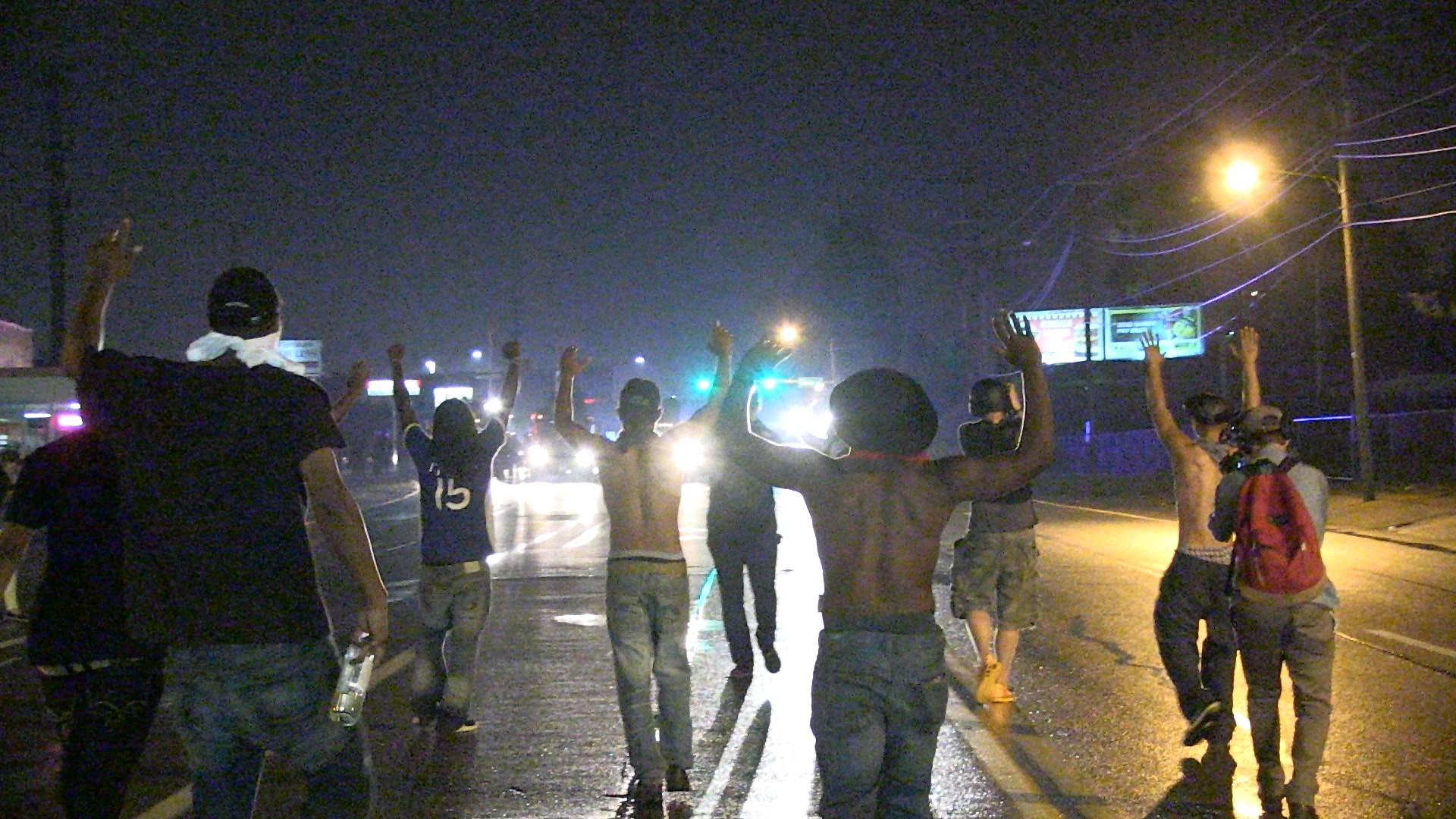A Montana border patrol agent stopped and questioned two women at a local gas station because he heard them speaking Spanish.Ana Suda, 37, and her friend Mimi Hernandez went to a gas-station store in Havre, near the Canadian border, to pick up eggs and milk on Wednesday, The Washington Post reported. The women, both Mexican-American, were speaking Spanish to each other while waiting in line to pay, when a uniformed Border Patrol agent asked for their IDs.“We were just talking, and then I was going to pay,” Suda told the Post. “I looked up [and saw the agent], and then after that, he just requested my ID. I looked at him like, ‘Are you serious?’ He’s like, ‘Yeah, very serious.’”Suda began recording the incident and asked the agent to repeat why he was detaining them on video.“Ma’am, the reason I asked you for your ID is because I came in here, and I saw that you guys are speaking Spanish, which is very unheard-of up here,” the agent said in the video.Suda asked if she and her friend were being racially profiled, to which the agent responded no.“It has nothing to do with that,” the agent said in the video. “It’s the fact that it has to do with you guys speaking Spanish in the store, in a state where it’s predominantly English-speaking.”The women were detained in the parking lot of the gas station for 35 to 40 minutes after showing the officer their IDs, according to the Post. And despite the conversation remaining calm, both women said they were upset following the incident.“I was so embarrassed … being outside in the gas station, and everybody’s looking at you like you’re doing something wrong,” Suda told the Post. “I don’t think speaking Spanish is something criminal, you know? My friend, she started crying. She didn’t stop crying in the truck. And I told her, we are not doing anything wrong.”Suda posted the video, and her story got picked up by multiple news outlets, leading her 7-year-old daughter to question whether she should speak Spanish in public anymore.“She speaks Spanish and she speaks English,” Suda told the Post. “When she saw the video, she was like, ‘Mom, we can’t speak Spanish anymore?’ I said ‘No. You be proud. You are smart. You speak two languages.’ This is more for her.”Suda told the Post that she was born in El Paso, Texas, was raised on the Southern side of the border in Ciudad Juarez, Mexico, and now currently lives with her family in Montana. Hernandez is originally from central California.“My family was asking me, because my family is still in Texas, and they were asking me, how is Montana about this?” Suda told MTN News. “I said I have never had a problem before. I say Montana is perfect. I love the people here, the people are so nice. It is nicer than other states. I cannot believe this happened.”The U.S. Customs and Border Protection agency is reviewing the encounter to make sure protocol was followed but added that the officers do have authority to question anyone.“U.S. Customs and Border Protection agents and officers are committed to treating everyone with professionalism, dignity and respect while enforcing the laws of the United States,” the agency wrote in a statement. “Although most Border Patrol work is conducted in the immediate border area, agents have broad law enforcement authorities and are not limited to a specific geography within the United States. They have the authority to question individuals, make arrests, and take and consider evidence. Decisions to question individuals are based on a variety of factors for which Border Patrol agents are well-trained. This incident is being reviewed to ensure that all appropriate policies were followed.”Suda said she plans to take the agency to court, after reaching out to the American Civil Liberties Union for legal guidance.“I just don’t want this to happen anymore,” Suda told the Post. “I want people to know they have the right to speak whatever language they want. I think that’s the most important part, to help somebody else.”The ACLU did not immediately respond to a request for comment.
Advertisement
Advertisement
